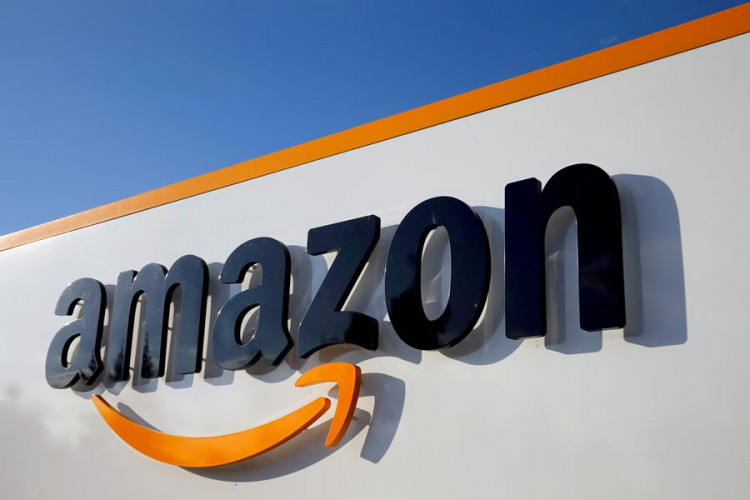France's data protection watchdog, the CNIL (Commission Nationale de l'Informatique et des Libertés), has imposed a significant fine of 32 million euros (approximately $34.7 million) on Amazon France Logistique, the manager of Amazon's large warehouses in France. The fine is a response to what the CNIL deems "excessively intrusive" surveillance practices on employees.
The CNIL's investigation revealed that Amazon used handheld barcode scanners, known as "stow machine guns," to closely track employee activities, including the handling of packages through various stages in the warehouse. This system allowed Amazon to monitor workers to the "nearest second," creating a situation where employees felt under "continuous pressure" and "close surveillance."
The CNIL found that this level of monitoring was a violation of the European Union's General Data Protection Regulation (GDPR), particularly concerning the principles of data minimization and lawful processing.
Specifically, the CNIL criticized the system for measuring work interruptions with exceptional accuracy, potentially obliging employees to justify every break or interruption. The authority also noted that retaining detailed data generated by the scanners for the past month was excessive, as real-time data and weekly statistics would have sufficed.
Amazon France Logistique defended its practices, stating that warehouse management systems are an industry standard and are necessary to ensure safety, quality, and efficiency of operations. However, the CNIL held that Amazon's approach differed from traditional methods of monitoring worker activity, putting undue pressure on employees.
In response to the fine, Amazon expressed strong disagreement with the CNIL's conclusions, deeming them "factually incorrect." The company stated, "We strongly disagree with the CNIL's conclusions, which are factually incorrect, and we reserve the right to file an appeal." Amazon emphasized the importance of its management systems in tracking inventory storage and processing packages on time to meet customer expectations.
This case marks a significant enforcement action under the GDPR, underscoring the importance of balancing operational efficiency with employee privacy rights. The CNIL's decision highlights the growing scrutiny over workplace surveillance practices and the need for companies to align their data processing activities with stringent privacy regulations.



